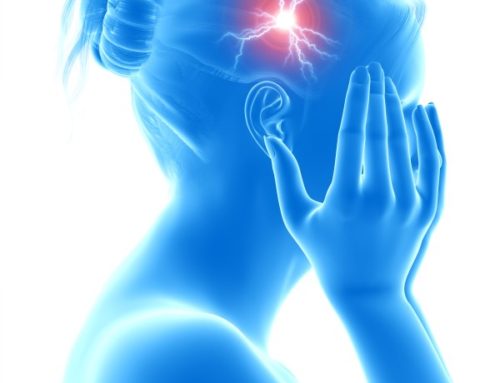 Exercise is an important part of a healthy lifestyle, particularly as part of disease prevention rather than cure. Lifestyle interventions including diet and exercise are the first line of defense against issues like diabetes, and the associated metabolic diseases such as obesity, cardiovascular disease and hypertension. The benefits are typically thought of in terms of weight loss, improved body composition and reduced fat mass, however, exercise can have many other beneficial effects. Exercise can affect the blood vessels, improving endothelial health. Further, insulin sensitivity is improved, and the treatment of endothelial dysfunction may also reduce complications associated with both diabetes and other metabolic disease. While the use of drugs to improve microvascular function in diabetes has is common, exercise can also provide many of the same benefits on endothelial function, and should remain an early intervention and the first prescription in combination with diet when treating insulin resistance and diabetes.
Exercise is an important part of a healthy lifestyle, particularly as part of disease prevention rather than cure. Lifestyle interventions including diet and exercise are the first line of defense against issues like diabetes, and the associated metabolic diseases such as obesity, cardiovascular disease and hypertension. The benefits are typically thought of in terms of weight loss, improved body composition and reduced fat mass, however, exercise can have many other beneficial effects. Exercise can affect the blood vessels, improving endothelial health. Further, insulin sensitivity is improved, and the treatment of endothelial dysfunction may also reduce complications associated with both diabetes and other metabolic disease. While the use of drugs to improve microvascular function in diabetes has is common, exercise can also provide many of the same benefits on endothelial function, and should remain an early intervention and the first prescription in combination with diet when treating insulin resistance and diabetes.



